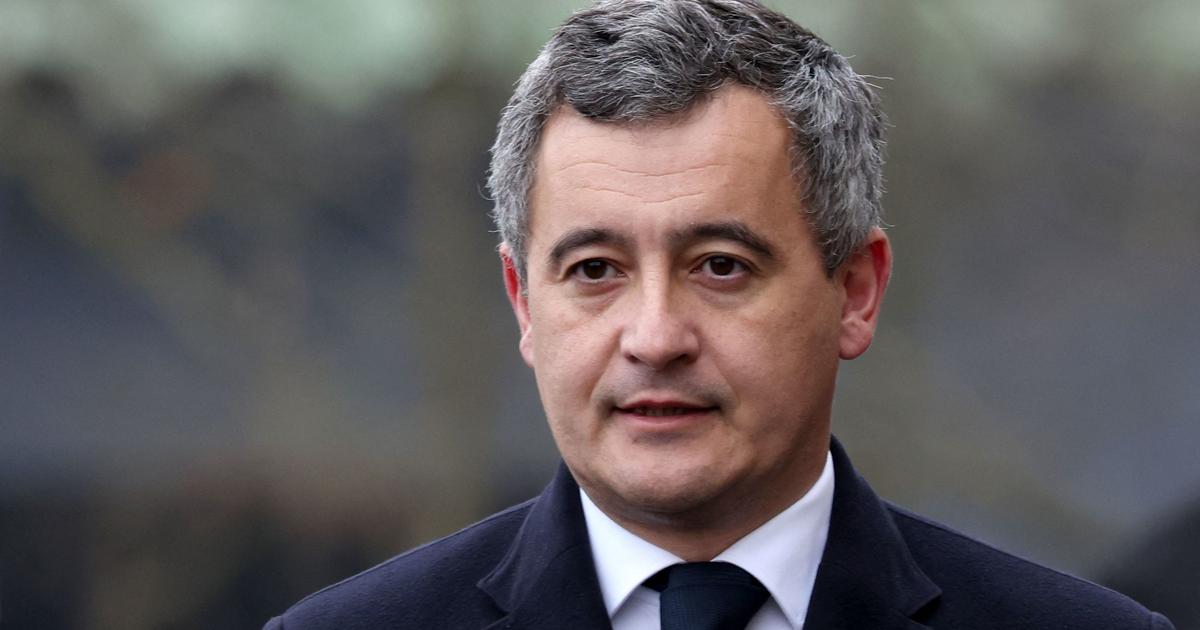Correspondent in Strasbourg,
How to better identify, take into account, prevent and punish anti-religious acts?
Some 1,400 facts, 70% of which were anti-Semitic acts, were recorded in 2021 in France.
At the request of Prime Minister Jean Castex, Ludovic Mendes, deputy (LREM) of Moselle and Isabelle Florennes, his colleague (Modem) of Hauts-de-Seine were charged, at the beginning of December, with the mission of “
drawing up an inventory anti-religious acts
”.
After having "
met the religious authorities in Paris
", they made their first trip, this Friday to Strasbourg.
Read alsoGuillaume Tabard: "Pointing the current source of anti-Semitism"
"
This choice owes nothing to chance
", agreed Isabelle Florennes, referring to the numerous degradations, desecrations of Jewish graves, without forgetting the violence against anyone, in recent years in Alsace. A territory that has 67 Jewish cemeteries, the largest number in France, often away from villages. The public authorities refuse to give precise figures. "
All the facts are not listed, local officials do not always file a complaint for fear of attracting attention
," explains Ludovic Mendes. Despite scientific surveys, most of the culprits, who act at night, have still not been identified. Only a small minority have been prosecuted and convicted. However, elected officials want "
victims are supported in their filing of complaints
”.
"Hate Online"
The two deputies were interested in "
memory watchers
", an action set up in 2019 in the Haut-Rhin, generalized by the European Community of Alsace, in conjunction with the two Jewish consistories.
From 12 at the start, there are now 80 volunteer citizens, believers or not, who have committed themselves to this vigilance action near their homes.
More generally, Ludovic Mendes and Isabelle Florennes wanted to "
listen to elected officials and religious leaders in a concordat region
".
They described as "
exemplary
» inter-religious dialogue, even if under cover of secularism, it is sometimes misunderstood in the rest of France.
Thus the vice-president of the Assembly, Sylvain Waserman (MoDem), was sharply criticized by certain colleagues for having organized, at the Palais Bourbon, a round table with the priest, the pastor, the rabbi and the imam of Meinau who are used to working together.
"
It's anti-republican
," they judged.
Read alsoDominique Schnapper: “Anti-Semitism reveals the crisis of democracy”
However, assure the two parliamentarians, "
the law of 1905 protects non-believers and believers, as long as they do not question the Republic and do not disturb public order
".
“
When we talk about religions, we are talking about all religions
”, however supported Ludovic Mendes, denouncing “
the current speeches which target more specifically Islam
”.
“
The atmosphere is not good.
Religious leaders are afraid of a rise in gradation against certain cults, during the presidential debates
, he underlined, denouncing “
online hatred
”, as an anti-religious act.
After Strasbourg, the two elected members of the majority will go to Sarcelles, Lyon, Nantes and Toulon to study a particular problem there each time.
“
Each territory reacts in its own way
,” they note.
"
In Toulon, with a predominance of the ultra-right
", they expect to "
also encounter a political problem
".
Then they will have to make proposals.
But time is running out.
Election campaign requires, they will have to submit their parliamentary report at the end of February.
Or at the latest at the beginning of March.










/cloudfront-eu-central-1.images.arcpublishing.com/prisa/2C5HI6YHNFHDLJSBNWHOIAS2AE.jpeg)




